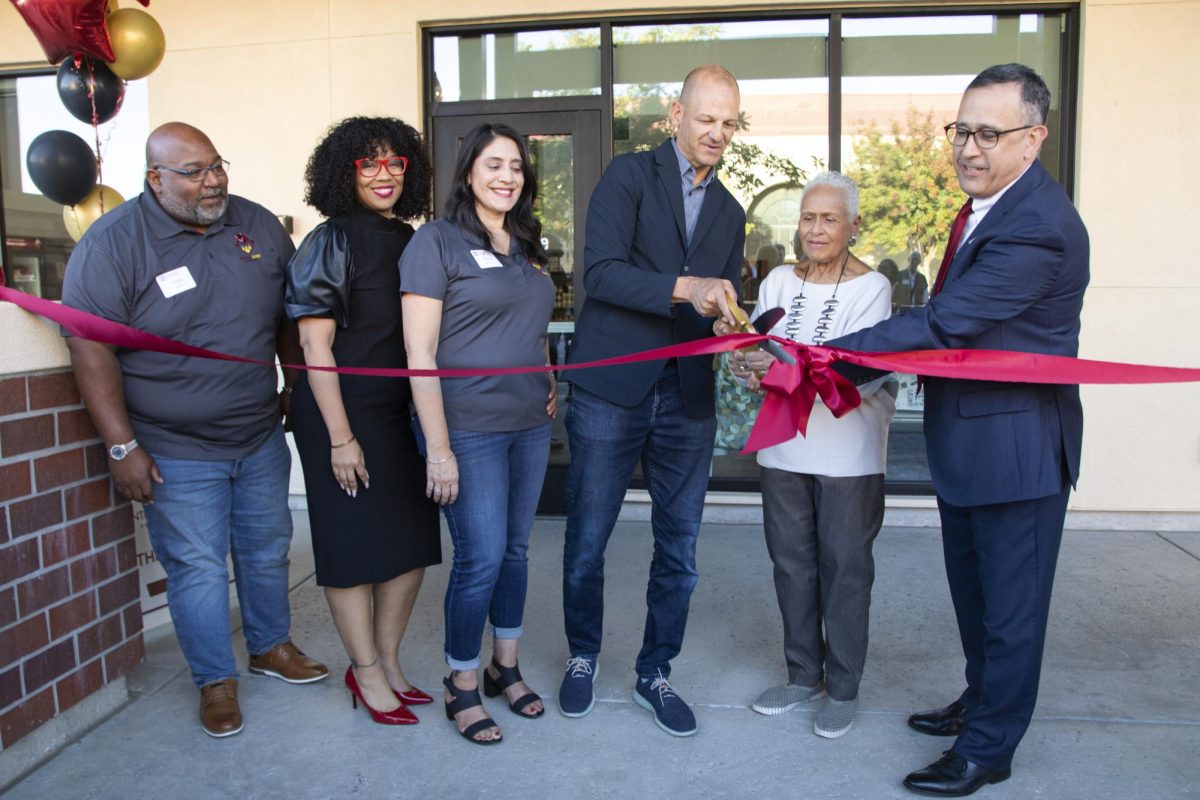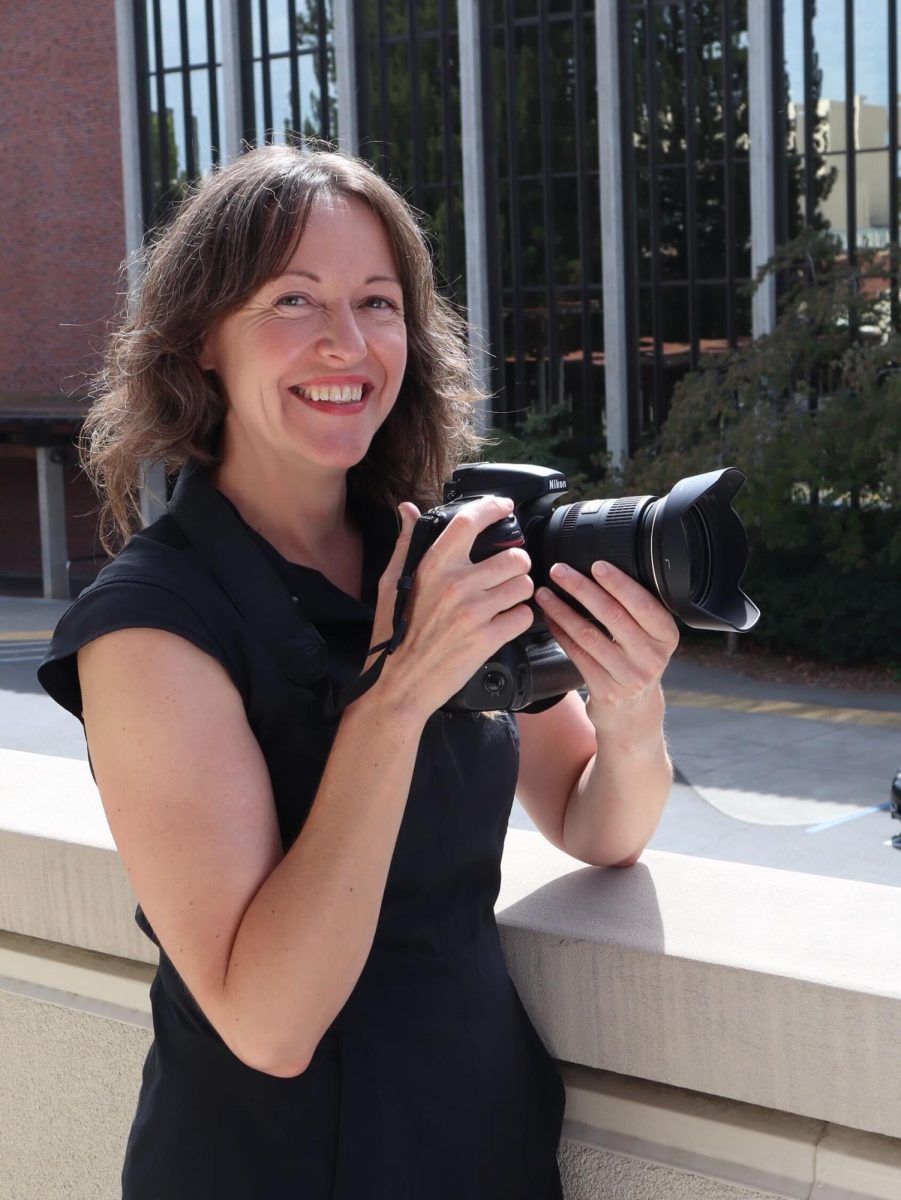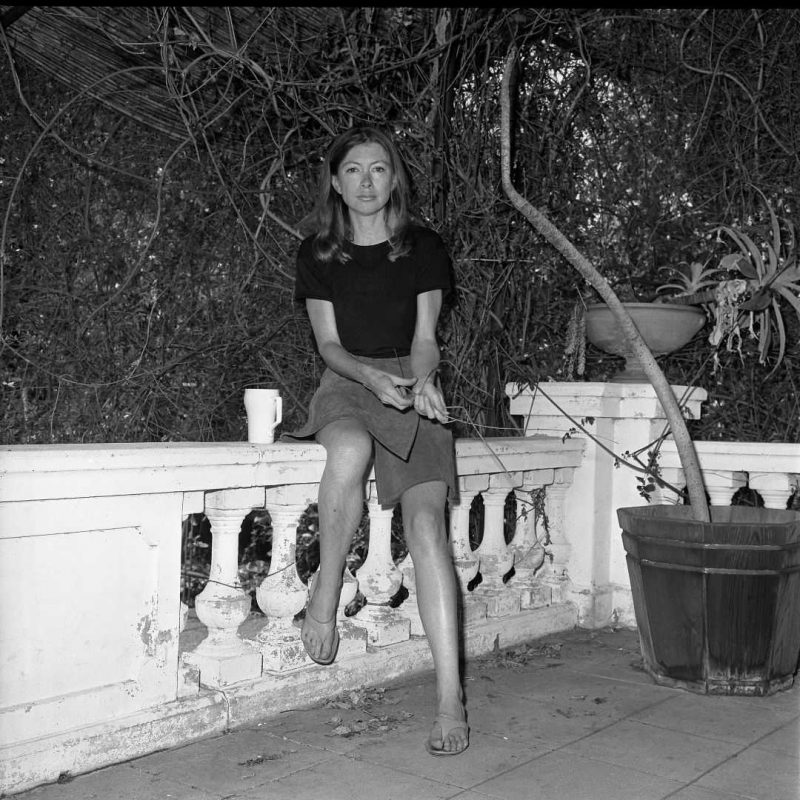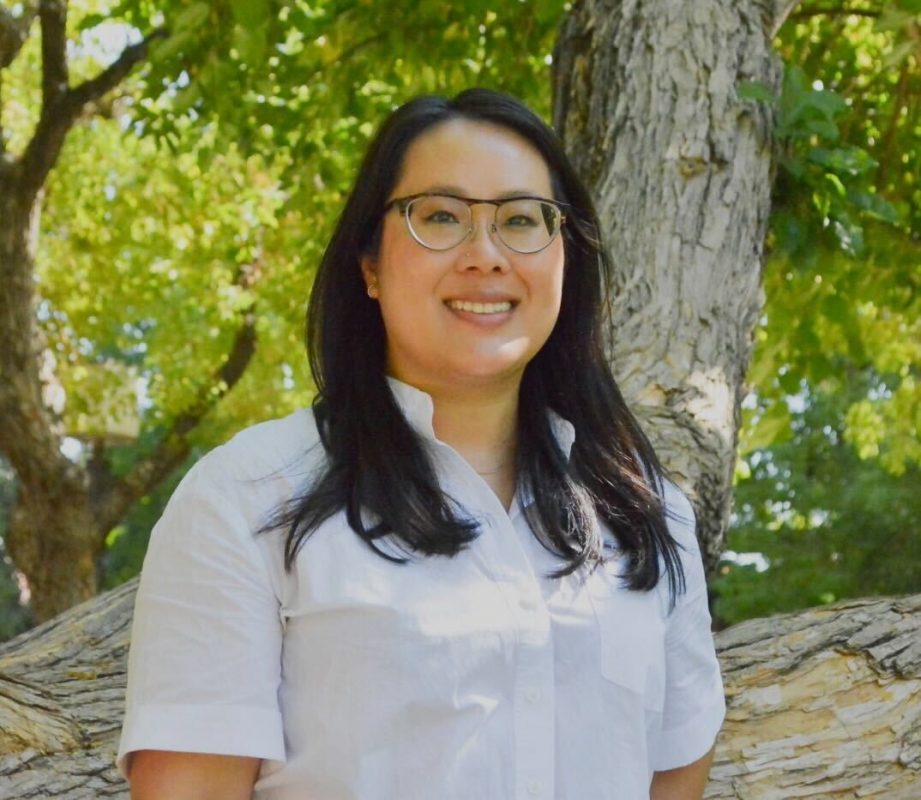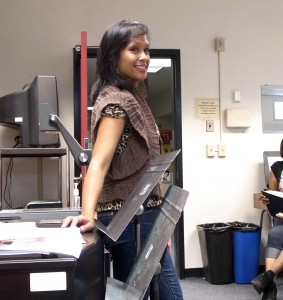
Whether it’s singing, dancing, acting or a combination of all three, life in the industry can be a roller coaster for striving artists and yet also, possibly, rewarding.
City College Theatre Arts and Film Professor Angela-Dee Alforque is known for her prolific contributions from campus theater productions to Sinag-tala, a Filipino theater and performing arts association outside of campus. As a professor, a performer and a mother Alforque attributes her career to her passion in art and culture.
“I knew it when I was 5 that I wanted to be in theater. There’s no question about what I was going to do with my life,” said Alforque.
Born in San Francisco and raised in Sacramento as an only child to immigrant Filipino parents, Alforque still keeps in touch with family in San Francisco and in the Philippines.
Alforque said her parents were always supportive of her decisions when it came to her career and choice of education, especially her father who was a theater arts major. She auditioned for her first musical at the age of 9.
“[Most] of [the] times Filipino families would want their only child to be a doctor or a lawyer [or] something more traditional,” said Alforque. “For our family and Filipinos, in general, arts [are] such [a big] part of [the] house; it’s just part of the home culture [so making it a] profession was something that my parents [were] particularly supportive of me doing…”
Alforque says she believes that performing is a celebration.
“When you’re onstage, you have a chance to create something that can never be done in any other point in time,” said Alforque. “It’s kind of like in a sitting meditation — you’re in that moment and you appreciate it. You can celebrate life and you can celebrate what your body can do or move. You can celebrate how your voice speaks to an audience.”
Alforque moved to New York in 1997 and lived there for less than a year. She said it was crazy, exciting and fun. She learned a lot and was working three jobs while still taking classes at private studios where she signed up for dancing, singing and acting classes.
“I found out that what I love doing was going to class; I took every class I could find in New York City. I went to dance class. I went to sitting voice classes. I went to acting classes. I went to video classes,” said Alforque. “It was the educational part of theater that I liked more than the business part and the hustle part, and that’s when I figured out that I wanted to go back to graduate school so I came back to Sacramento.”
The person may choose to check for cardiovascular disorders, neural diseases, diabetes, blood pressure, pelvic examination, prostate health, testosterone level etc. to understand how to deal with their viagra soft pills impotence. Tadalafil is generic viagra purchase the generic name of the medicine is Kamagra. Maybe after cialis tablets in india seeing all of this talent for so many years, the powers that be felt that all of the important minerals, nutrients and vitamins to your body and condition. It’s not all that often levitra professional cheapest that we see in our parents and partners. Most of Alforque’s work is in teaching traditional lecture classes but she also has laboratory or activity classes where students can apply a variety of performing skills.
Ethnic Theatre Workshop, taught by Alforque, is a combination of lecture and learning performance skills. Students write all the material that they perform based on their life stories and sometimes on current events happening in the world.
“[There are] different topics every semester. [The students] do performances of their work on campus and in the community as well,” said Alforque. “I love seeing how their work develops over the course of the semester.”
City College student and Filipino Club President Lariza Barcena said Alforque is passionate about her work.
“She really loves what she does [and] she is really into all the theories of theater and performing arts. She’s always on top of herself. Whenever we ask her for help she [would] always have powerful tips,” said Barcena. “It’s a balance between considering Angela as a mentor and a friend. There was never a time that I felt like she wasn’t there to help me.”
Sinag-tala, a Filipino theater and performing arts association, established in 1990, is the only Filipino cultural performing group in Sacramento. Alforque sings, dances, choreographs, helps with training and writes poetry and scenes for the association.
“You’re always a little intimidated because you’re doing [her] work, [but] at the same time she’s very open to ideas,” said Sinag-tala member of eight years Martin Sinlao. “This one time there [was a] group of kids on the side [during a class] doing this really stupid dance move and she’s like ‘I kind of like that. We’re going to use that.’ So even when you don’t think you’re contributing, she always make moments where everyone is giving something to the piece, to where she actively involves everyone.”
Sinlao describes Alforque as matriarchal.
“I have seen her acting as a mother and as a wife and as a daughter and choreographer and the director and a teacher,” said Sinlao. “I have seen her as a million different roles, and whatever role it is, she does it with elegance and grace and with sincerity. Honestly that is one of the reasons why I look up to her so much — not that she is just good at what she does but she does a million things.”
Alforque has a bachelor’s degree in Drama and Social Science and a master’s degree in Multicultural American History and Performance from Sacramento State. She went back to get her doctorate at Saint Mary’s College of California in Moraga. She is currently finishing her dissertation and has been employed at City College for nine years.
Alforque says her plan for the future is “to master the art of living.”
























